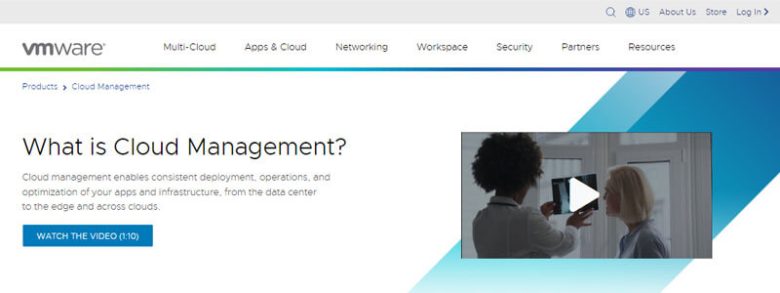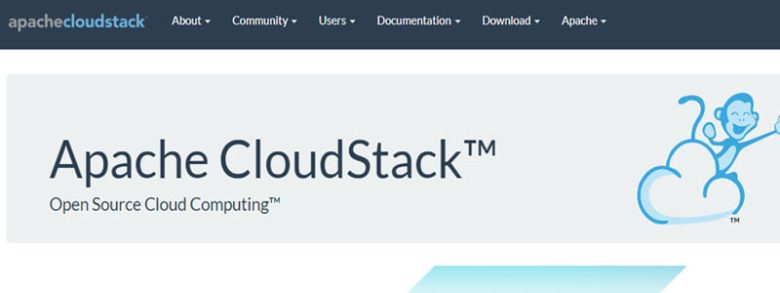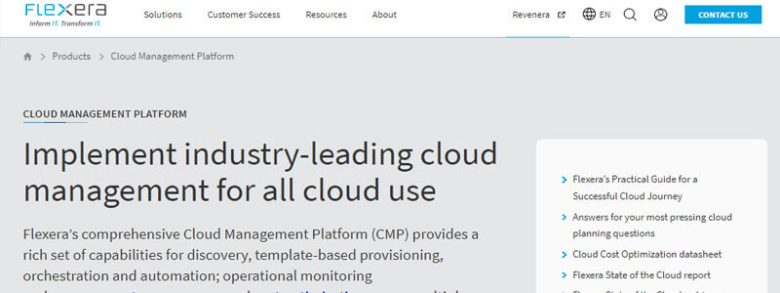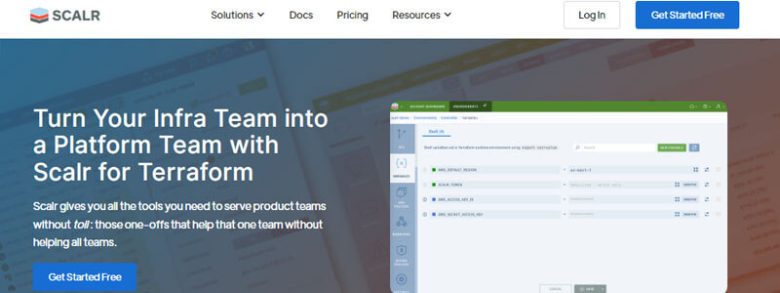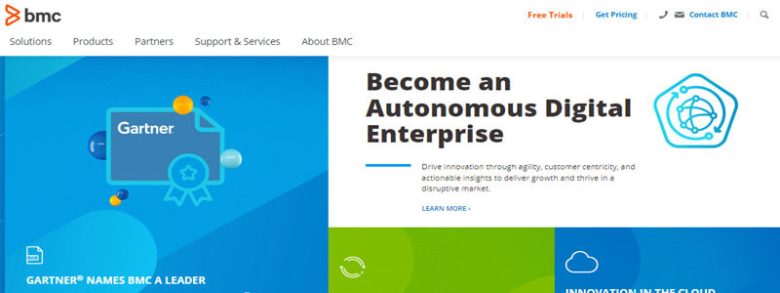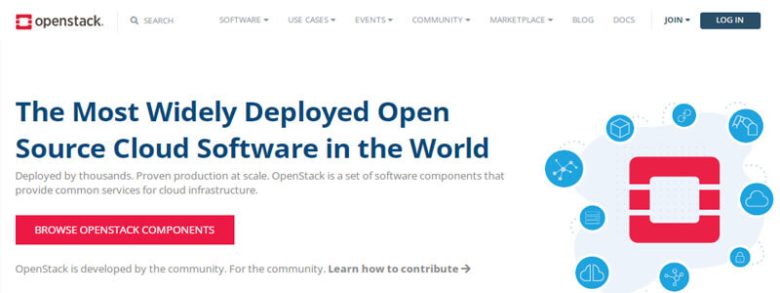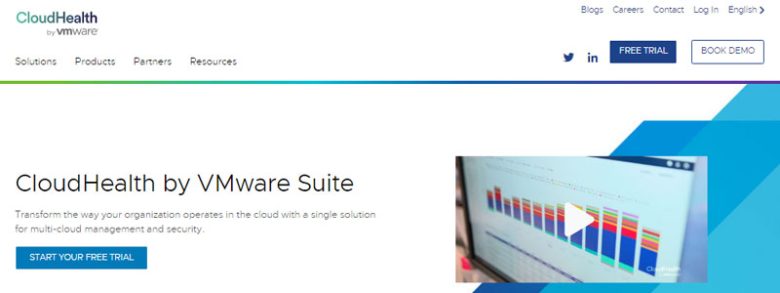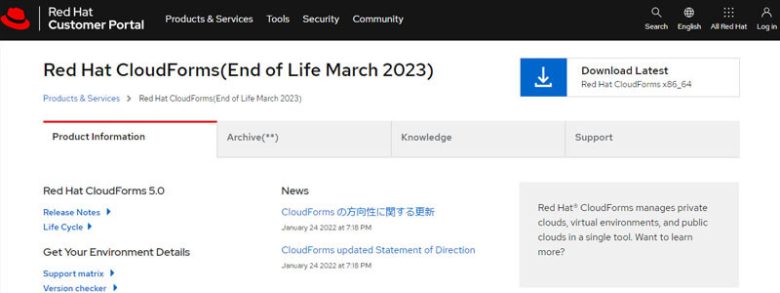You may perhaps have heard about CMS software and want to know more about it. Cloud management software platforms are gaining in popularity these days. These are considered sophisticated tools to help administrators manage cloud-based infrastructures. Such platforms are designed to manage a wide variety of technology infrastructures, like public, private, as well as hybrid cloud environments.
Why Use Cloud Management Software In business?
Cloud does offer numerous benefits. However, cloud infrastructures are getting more vital and complex. Hence, it is necessary to understand the tools enabling natural management.
1. IBM Cloud Orchestrator:
It suits large to medium enterprises seeking cloud platforms to cover Blockchain, IoT and AI. It provides AI and advanced data tools. IBM provides SPM solutions. This tool features a cloud management platform that can be customized to automate cloud service via numerous policy-based tools. It offers superior infrastructure support and automation with both Enterprise and Base versions.
2. VMWare:
It suits large to medium organizations seeking server virtualization platforms, and it also offers a solid foundation for their business, cloud, and apps. It provides Log Insight, Automation, Suite Lifecycle Manager, and Operations. VRealise Suite provides greater efficiency, control, and agility across diverse applications. Administrators and developers can freely choose their preferred tools and implement better customer relationship management.
3. Apache CloudStack: Cloud Management Software
It supports large to small businesses seeking open-source software and data management to deploy/ manage virtual machines. This can be done in a highly scalable environment. Citrix has recently acquired this open-source project providing both enterprise and community versions. Virtual machines in large numbers can be managed easily.
4. Flexera RightScale:
It supports medium to small businesses seeking solutions to manage and control IT and software costs. RightScale had recently acquired and created this amazing asset management It is also referred to as Flexera Cloud-Management Platform. It is designed to manage private and public cloud as well as bare-metal and virtual servers.
5. Scalr:
It is designed for those enterprises seeking to provide greater operational flexibility and autonomy to IT teams. It also helps maintain better corporate governance and technology infrastructure. This hybrid CMS is big on self-service and automation. It complies with a variety of best practices and corporate policies.
6. BMC Cloud Lifecycle Mgt.:
It caters to the needs of large and small businesses seeking to automate secure cloud service, data management, governance and provisioning. It offers enhanced automation including full application stacks to simple VMs across non-cloud and cloud platforms.
7. OpenStack: Cloud Management Software
It caters to large and small enterprises seeking solutions for controlling networking, storage and computing resources in large amounts. Apache has developed this open-source project that suits heterogeneous infrastructures. It is possible to manage resources using the OpenStack API or dashboard with online-based documentation.
8. Embotics:
It suits medium and small enterprises seeking hybrid customer relationship management solutions to enable products, processes and people to work together. This CMP is referred to as ‘Commander’. Its objective is to ensure better insight, flexibility and simplicity to cloud administrators. It also supports public cloud providers and hypervisors.
9. CloudHealth:
It suits large to small enterprises seeking a platform that enables better asset management. It also allows users to manage and evaluate cloud costs, performance and usage. VMware has launched this program and supports several environments like New Relic, AWS, Google Cloud, and the Azure platform.
10. RedHat CloudForms: Cloud Management Software
It is designed for those businesses that seek an infrastructure management platform. Using it, IT departments can have control over users’ ability to comply, manage, and provision policies across clouds and virtual machines.
This 2022, you need to invest in a cloud management software that works best for your type of business and needs.


